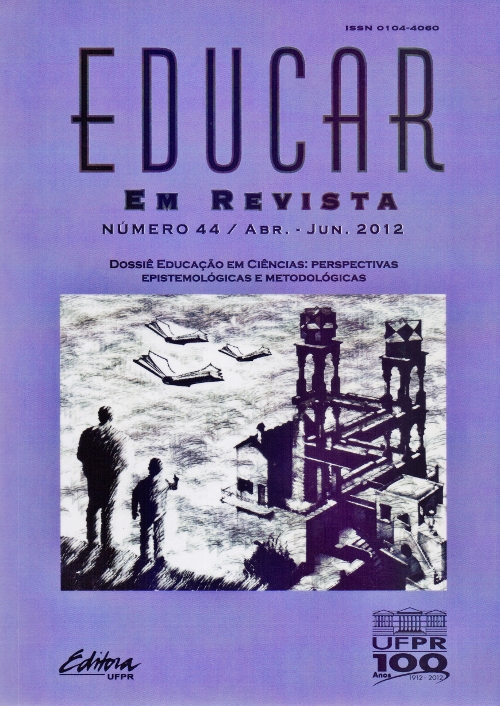School Inclusion/Exclusion and affectivity: rethink the failure to school of the children of popular class
Keywords:
afetividade, inclusão escolar, fracasso escolar, classe popular.Abstract
The inclusion in education is not restricted to the multifaceted vision of the deficiency. It consists in the dialectic exclusion/inclusion, becoming constituent part of the exclusion. We know that the antinomy exclusion/inclusion means the right to the satisfaction of the basic necessities of learning; the elimination of the barriers to the learning and the participation of all in the educative system. We understand that this only will occur when to direct the thought for the creation of inclusive cultures, the production of inclusive politics and the development of inclusive practical. These three dimensions are necessary to the inclusive (de/en)velopment inside of any school, which intends to become inclusive. We want to show the necessity to argue concerning the relation exclusion/inclusion; of the differences seen as being specific of the human being and the affectivity. The affectivity is essential for the learning. The management of the positive affectivity predisposes use the action and the reaction in different situations. The positive affectivity makes the pupil “to feel” the learning, rousing the interest in learning, eliminating the school failure in the children of popular class. Consequently, the triad, affectivity-learning-inclusion is vital for the educative process.
Published
How to Cite
Issue
Section
License
Copyrights for articles published in Educar em Revista belong to the author, with the first publication copyrights reserved to the journal. The journal offers public access (Open Access), and its articles are of free use, with specific assignments, in educational and non-commercial applications.



